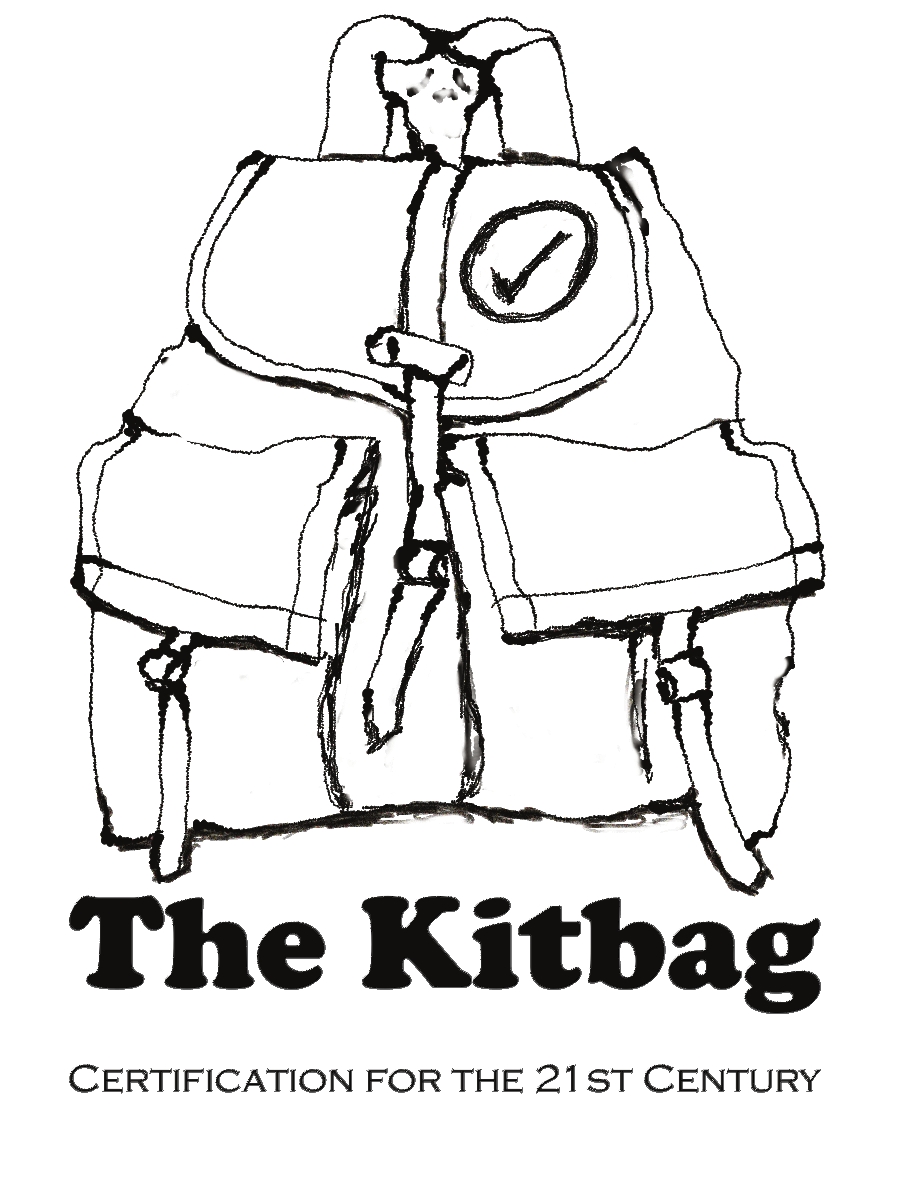NOTE: I am sorry that I have been remiss in maintaining this blog, events over the last year took over my life and demanded attention. I am hopeful that a new normal has been established so that my work-life-chaos balance has stabilized. I will endeavour to post regularly to this blog.
For many years some folks have been predicting the demise of social and environmental certification. The reasons for these predictions are many and include:
- Market confusion caused by too many schemes;
- Brand owners resistance to having 3rd party logos on their packaging;
- Failure of 3rd party certification to solve the worlds problems;
- High cost of certification for primary producers;
- Failure of a price premium to support improved performance;
- Failure of 3rd party schemes to really deal with the weakest players;
- Large northern companies benefiting over smaller and southern producers;
- etc....
Yes, social and environmental certification has many issues that need to be addressed and is not (and never has been) the silver bullet that will fix all problems.
But there are benefits.
First let's consider the principle strength of 3td party standards. They function within markets and as a result can only effectively be regulated by goverments using tools that regulate trade.
Why does this matter? Some national goverments have been taking actions to restrict the ability of civil society players to drive change. These actions have included:
- Restrictions on civil socitey organization raising funds.
- Restricions on travel by NGO reseachers.
- Punative audits by governments of charities they do not like.
- Austerity budgets by governments that undermine social and environmental progress.
- Active promotion by goverments of projects that undermine rights of individuals and groups as well as those that subsidize environmentally dangerous industrial practices.
- Restrictions on travel and investment by academic and business professionals from developing countries.
- Restrictions on students' travel and study in other countries.
- etc...
These and other actions are designed to weaken the capacity of civil society to challenge inequity, injustice, environmetal degredation and undermine efforts to increase the capacity of civil society to challenge governments, militaries or the ultra-rich.
What can social and enviromental certification bring to the table?
First of all, because social and environmental certification is a commercial practice, any efforts designed to restrict it by necessity will also apply to all other forms of certification. Most governments (othe than absolute dictatorships) cannot target one company and ignore all others - the rules that apply to one certification system apply to all. A country cannot, for example outlaw MSC or Fairtrade certiifcation, it would have to ban the use of all foreign standards in their country and that would have a massive impact on their ability to trade internationally.
The same principle applies to the use of trademarks. If a country outlawed the use of the FSC logo on products all other owners of international brands would become nervous about protecting the value of their brands in that country. Again, international trade could be negatively impacted as international brands would likely reduce investment in the offending country. Why would a brand owner invest in a country that has just oulawed the use of a brand logo?
The close integration of social and environmental standards, certification and labelling with business mean that actions to restrict its use by definition stray into regulation of trade, business and industry.
3rd party social and environmental certification is not the panacea that will solve the worlds problems, but it is a useful tool that can support social change by encouraging business to adapt to a market demand for responsible products and services.
As governments retrench and seek to silence dissenting voices, tools that can bypass these efforts are needed. Social and environmental certification is one of those tools.
As a result we will see more reliance on independent standards in international supply chains to meet the growing consumer demand for responsible products and services.
